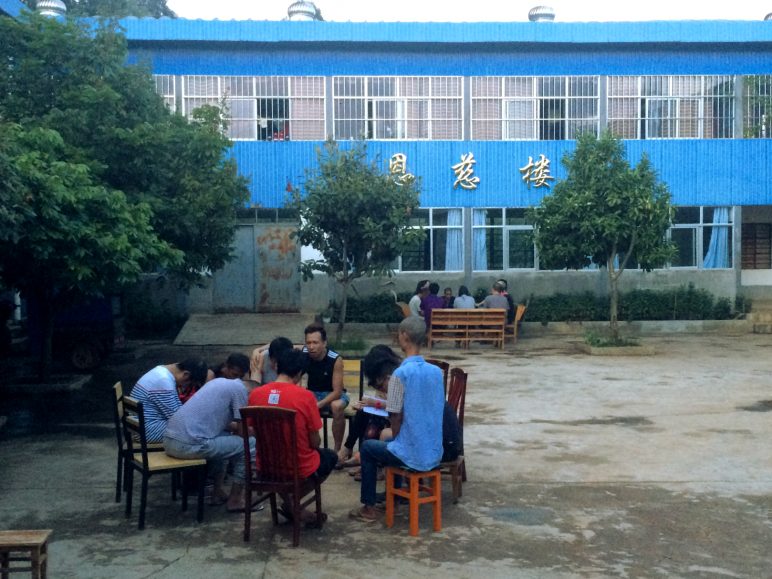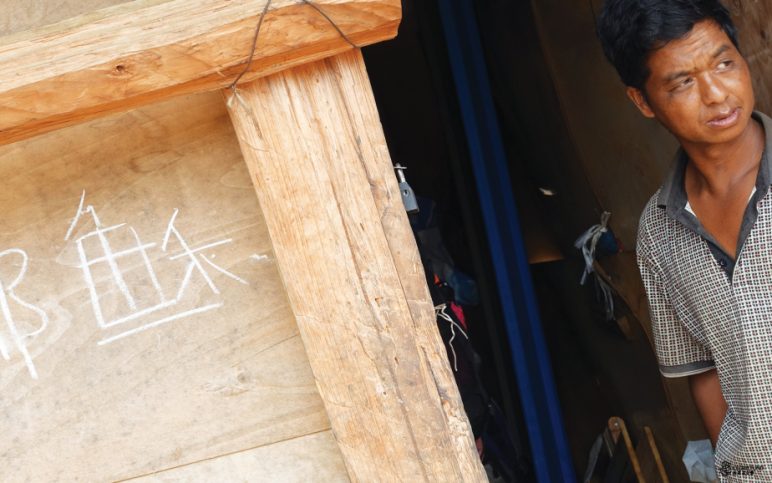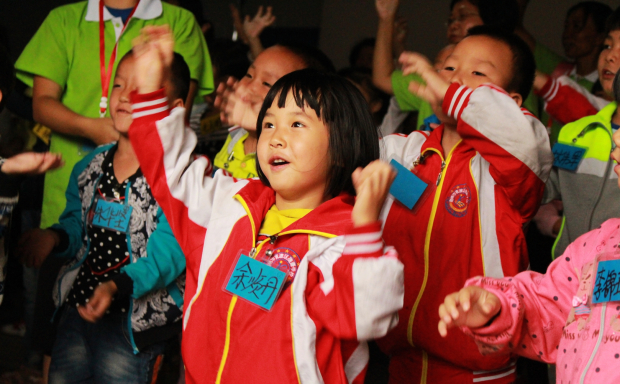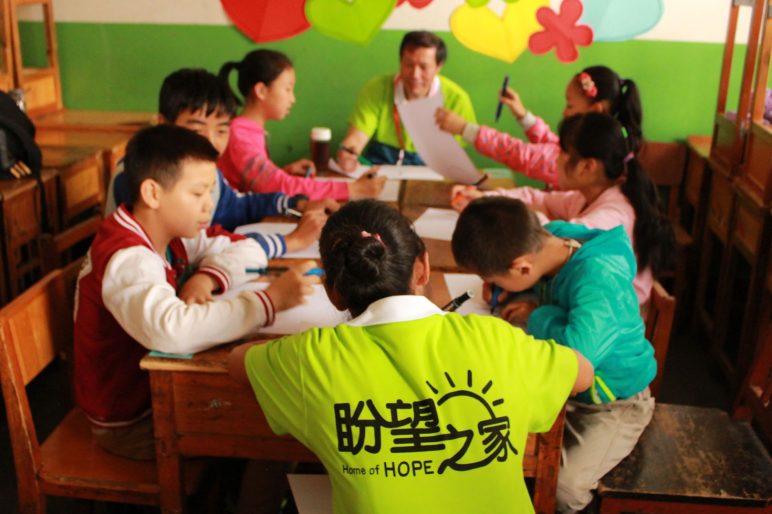Brothers pray and study God’s words together at Baoshan Reborn Garden Gospel Drug Rehabilitation Centre
CEDAR’s work in China began in 2000. Since 2007, we began to engage the local churches in Yunnan to take part in community work. From initial stage of discussion and planning, to execution, evaluation and revising their strategies, we witnessed how communities and churches slowly take up the responsibility of their community’s development.
As a development organisation, our ultimate goal is to see a community sustaining its own development. Throughout the journey, CEDAR is only a facilitator and mobiliser, the Church should be the successor and driver. The Church, as the body of Christ, is called to serve their community and neighbours, therefore, we invite local churches to partner with us at the very beginning of our work.









